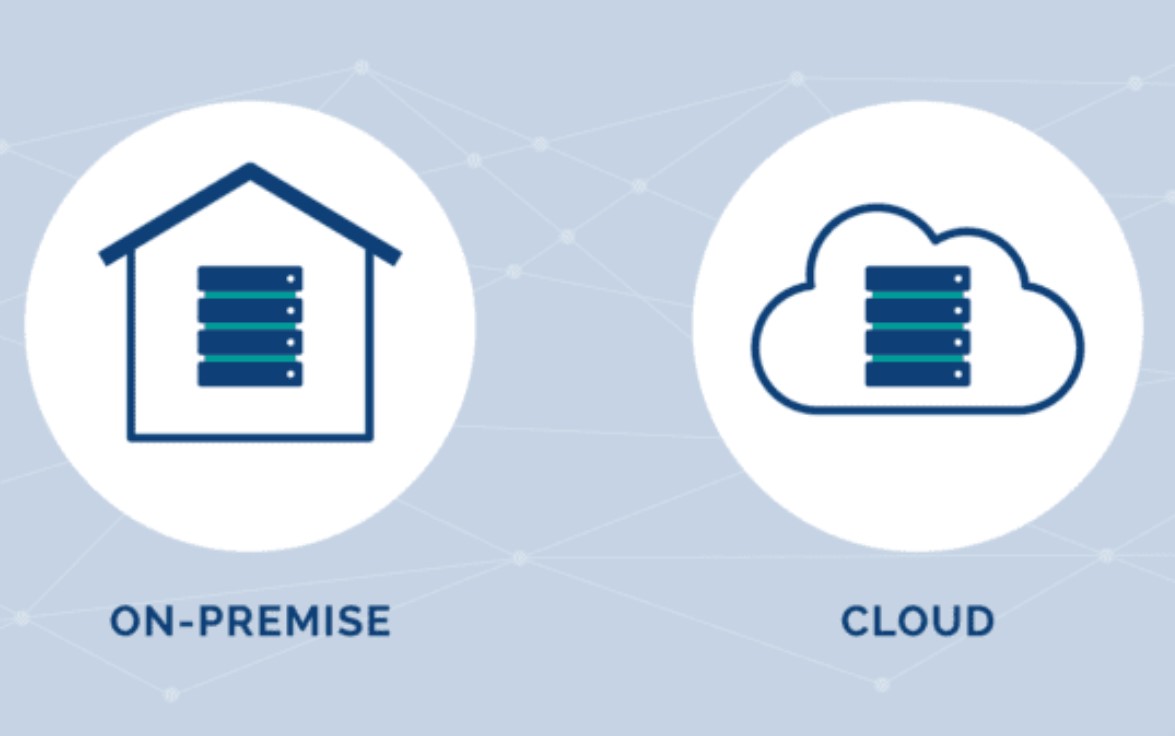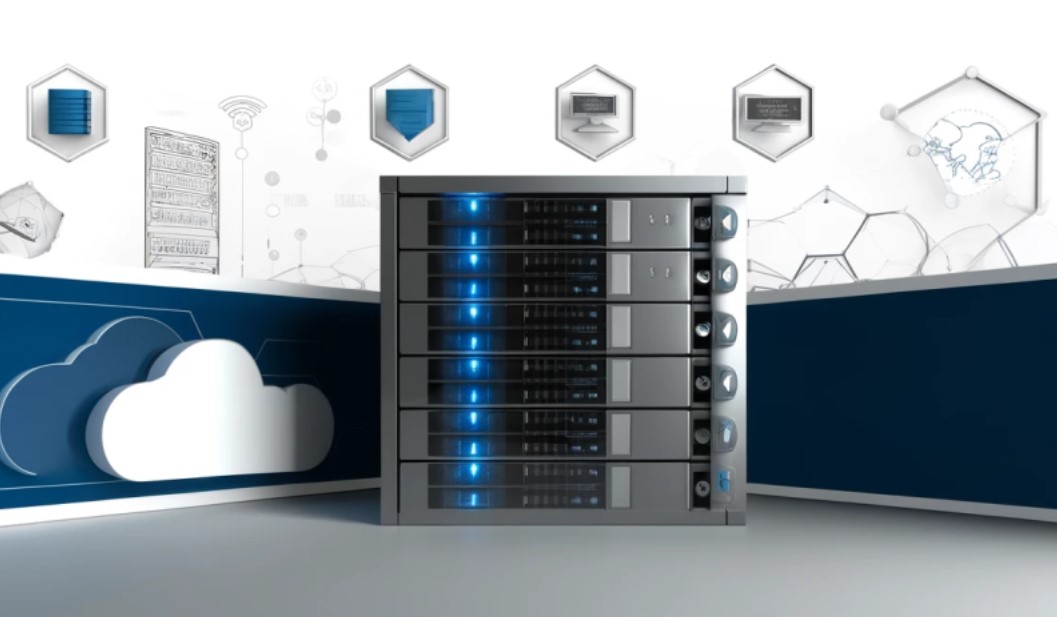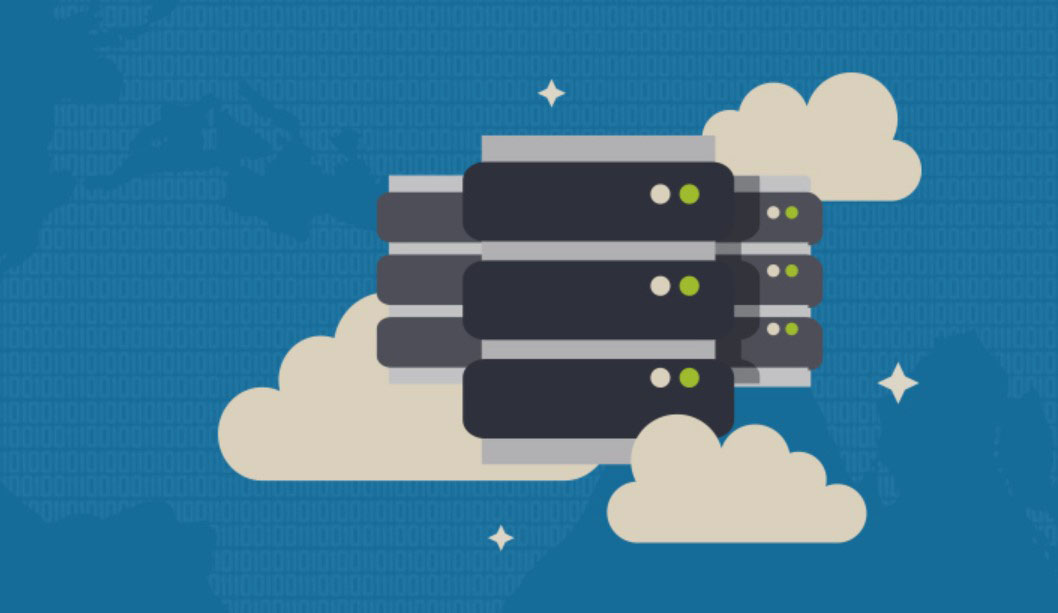
Choosing the right cloud platform is crucial for modern businesses seeking scalability, flexibility, and efficiency. Amazon Web Services (AWS), Microsoft Azure, and Google Cloud Platform (GCP) are the top contenders in the cloud services market, each offering unique features and benefits. In this comprehensive guide, we will compare AWS, Azure, and Google Cloud to help you make an informed decision for your business.
What are Cloud-Based Platforms?

Cloud-based platforms are revolutionizing how businesses operate by providing on-demand access to a wide range of computing resources over the internet. These platforms offer scalable, flexible, and cost-effective solutions for everything from data storage to application development, making them essential in today’s digital economy. Let’s dive deep into what cloud-based platforms are, how they work, and why they are so beneficial for businesses.
Understanding Cloud-Based Platforms
1. The Basics of Cloud-Based Platforms
A cloud-based platform is an infrastructure that delivers various computing services—such as servers, storage, databases, networking, software, and analytics—over the internet (“the cloud”). Users can access and use these resources on a pay-as-you-go basis, which means they only pay for what they use.
2. Types of Cloud-Based Services
Cloud-based platforms offer several types of services, often categorized under three primary models:
- Infrastructure as a Service (IaaS) : IaaS provides virtualized computing resources over the internet. This includes virtual servers, storage, and networking. Businesses can rent these resources instead of investing in and managing physical hardware. Examples include Amazon Web Services (AWS) EC2, Microsoft Azure Virtual Machines, and Google Compute Engine.
- Platform as a Service (PaaS) : PaaS offers hardware and software tools over the internet. This service is used mainly for application development. A PaaS provider hosts the hardware and software on its own infrastructure, freeing developers from installing in-house hardware and software to develop or run a new application. Examples include AWS Elastic Beanstalk, Google App Engine, and Microsoft Azure App Services.
- Software as a Service (SaaS) : SaaS delivers software applications over the internet, on a subscription basis. Users can access software applications like email, customer relationship management (CRM), and collaboration tools through a web browser. Examples include Salesforce, Microsoft Office 365, and Google Workspace.
3. How Cloud-Based Platforms Work
Cloud-based platforms rely on a network of remote servers hosted on the internet to store, manage, and process data. Here’s how they work:
- Virtualization : Virtualization technology is at the heart of cloud computing. It allows a single physical server to host multiple virtual servers, each isolated from the others. This makes it possible to allocate resources dynamically based on demand.
- Data Centers : Cloud providers operate large data centers globally, filled with thousands of servers. These data centers are the backbone of cloud services, providing the necessary infrastructure to ensure reliability, scalability, and redundancy.
- Network Connectivity : High-speed internet connections link users to these data centers, allowing them to access cloud services from anywhere in the world. This connectivity ensures that businesses can operate efficiently, with minimal latency and high availability.
Key Features of Cloud-Based Platforms
1. Scalability
One of the most significant advantages of cloud-based platforms is their ability to scale resources up or down based on demand. Businesses can quickly adjust their resource allocation to handle traffic spikes or reduce costs during low usage periods.
2. Flexibility
Cloud platforms offer a wide range of services and tools that can be tailored to specific business needs. Whether you need additional storage, more processing power, or specialized software, cloud platforms provide the flexibility to configure resources as needed.
3. Cost Efficiency
With a pay-as-you-go pricing model, businesses only pay for the resources they use. This eliminates the need for significant upfront investments in hardware and reduces ongoing maintenance costs, leading to substantial savings.
4. Security
Leading cloud providers implement advanced security measures to protect data and applications. These measures include encryption, identity and access management, regular security audits, and compliance with industry standards such as GDPR and HIPAA.
5. Global Reach
Cloud providers have data centers located around the world, enabling businesses to deploy applications and services closer to their customers. This reduces latency, improves performance, and ensures high availability.
Overview of AWS, Azure, and Google Cloud

1. Amazon Web Services (AWS)
AWS is the market leader in cloud services, offering a vast array of services and tools for computing, storage, networking, machine learning, and more. Known for its robustness and reliability, AWS is a popular choice among businesses of all sizes.
2. Microsoft Azure
Azure is Microsoft’s cloud platform, providing a comprehensive suite of services for building, deploying, and managing applications through a global network of data centers. Azure integrates seamlessly with Microsoft’s products and services, making it an attractive option for enterprises.
3. Google Cloud Platform (GCP)
GCP is Google’s cloud computing service, known for its advanced data analytics and machine learning capabilities. Google Cloud offers a variety of services, including computing, storage, databases, and AI, designed to help businesses innovate and grow.
Benefits of Using Cloud-Based Platforms

Cloud-based platforms have become a cornerstone of modern business infrastructure due to their numerous advantages. These platforms provide businesses with the agility, scalability, and cost-efficiency needed to thrive in a competitive market. Let’s explore the detailed benefits of using cloud-based platforms.
1. Scalability and Flexibility
Cloud platforms allow businesses to scale their resources up or down based on demand, ensuring they only pay for what they use. This flexibility helps businesses manage costs effectively while maintaining optimal performance.
2. Cost Efficiency
By eliminating the need for physical hardware and reducing maintenance costs, cloud platforms offer a cost-effective solution for businesses. Pay-as-you-go pricing models further enhance cost efficiency.
3. Enhanced Security
Leading cloud providers invest heavily in security, offering robust measures such as encryption, identity and access management, and compliance with industry standards. This ensures that data and applications are protected against cyber threats.
4. Global Reach
With a global network of data centers, cloud platforms enable businesses to deploy applications and services closer to their customers, reducing latency and improving user experience.
5. Improved Collaboration
Real-Time Access
Cloud platforms enable real-time access to data and applications from anywhere in the world. This accessibility allows team members to collaborate effectively, regardless of their physical location.
Integrated Tools
Many cloud platforms offer integrated collaboration tools such as shared documents, project management software, and communication applications. These tools enhance teamwork and streamline business processes.
Real-World Examples of Cloud-Based Platforms
1. Amazon Web Services (AWS)
Features:
- Comprehensive suite of services including EC2 (compute), S3 (storage), RDS (database), and Lambda (serverless computing).
- Advanced machine learning and AI tools with AWS SageMaker.
- Robust security and compliance features.
- Extensive global infrastructure with multiple availability zones.
2. Microsoft Azure
Features:
- Integration with Microsoft products like Office 365, Dynamics 365, and Active Directory.
- Wide range of services including Azure Virtual Machines, Azure SQL Database, and Azure Kubernetes Service.
- Advanced analytics and AI capabilities with Azure Synapse Analytics and Azure Machine Learning.
- Strong focus on hybrid cloud solutions.
3. Google Cloud Platform (GCP)
Features:
- Powerful data analytics and machine learning tools with BigQuery and TensorFlow.
- Compute options include Google Compute Engine and Google Kubernetes Engine.
- Comprehensive security features including Cloud Identity and Access Management (IAM) and Cloud Security Scanner.
- Strong emphasis on open source and multi-cloud solutions.
Comparison Table of AWS, Azure, and Google Cloud
| Feature | AWS | Azure | Google Cloud |
|---|---|---|---|
| Market Share | Largest market share | Second largest | Rapidly growing |
| Compute Services | EC2, Lambda | Virtual Machines, Azure Kubernetes Service | Compute Engine, Kubernetes Engine |
| Storage Solutions | S3, EFS, Glacier | Blob Storage, Disk Storage | Cloud Storage, Persistent Disks |
| Database Options | RDS, DynamoDB, Aurora | SQL Database, Cosmos DB | BigQuery, Cloud SQL, Firestore |
| AI & Machine Learning | SageMaker, Rekognition | Azure Machine Learning, Cognitive Services | TensorFlow, AutoML, BigQuery ML |
| Global Infrastructure | 25 regions, 81 availability zones | 60+ regions, multiple availability zones | 29 regions, 88 zones |
| Pricing Model | Pay-as-you-go, Reserved Instances, Spot Instances | Pay-as-you-go, Reserved Instances, Hybrid Benefits | Pay-as-you-go, Sustained use discounts |
| Security Features | IAM, KMS, Shield, Macie | Azure Active Directory, Security Center | Cloud IAM, Cloud Security Command Center |
| Integration | Extensive third-party integrations | Seamless integration with Microsoft products | Strong open source and multi-cloud capabilities |
Detailed Analysis of Each Product
1. Amazon Web Services (AWS)
AWS is the most comprehensive and widely adopted cloud platform. It offers over 200 fully-featured services from data centers globally.
Benefits:
- Broad Range of Services: AWS provides a wide array of services for computing, storage, databases, machine learning, analytics, and more.
- Global Reach: AWS has the largest global infrastructure footprint, ensuring low latency and high availability.
- Security: Advanced security features and compliance certifications.
Transactional Information:
- Pricing: AWS uses a pay-as-you-go pricing model, with options for reserved instances and spot instances to save costs.
- Where to Buy: Visit AWS’s website to explore services and sign up.
2. Microsoft Azure
Azure is known for its strong integration with Microsoft’s suite of products and services, making it a preferred choice for enterprises.
Benefits:
- Seamless Integration: Azure integrates seamlessly with Microsoft Office 365, Dynamics 365, and other Microsoft products.
- Hybrid Cloud: Strong support for hybrid cloud deployments with Azure Stack.
- AI and Analytics: Advanced AI and analytics capabilities with Azure Machine Learning and Azure Synapse Analytics.
Transactional Information:
- Pricing: Azure offers pay-as-you-go pricing, reserved instances, and hybrid benefits for cost savings.
- Where to Buy: Visit Microsoft Azure’s website to explore services and sign up.
3. Google Cloud Platform (GCP)
GCP stands out for its advanced data analytics and machine learning capabilities, making it a favorite among data-driven businesses.
Benefits:
- Data Analytics: Powerful tools like BigQuery for large-scale data analysis.
- Machine Learning: Industry-leading machine learning services with TensorFlow and AutoML.
- Open Source: Strong emphasis on open source and multi-cloud support.
Transactional Information:
- Pricing: GCP offers a pay-as-you-go pricing model with sustained use discounts.
- Where to Buy: Visit Google Cloud’s website to explore services and sign up.
Use Cases and Solutions
Common Problems Solved by Cloud-Based Platforms
- Scalability: Easily scale resources to match demand, ensuring optimal performance without over-provisioning.
- Cost Efficiency: Reduce capital expenditure and operational costs with pay-as-you-go pricing models.
- Security: Protect sensitive data with advanced security measures and compliance certifications.
- Global Reach: Deploy applications and services globally to reduce latency and improve user experience.
Why Businesses Need Cloud-Based Platforms
- Innovation: Access cutting-edge technologies and tools to drive innovation.
- Agility: Quickly deploy and manage applications, allowing businesses to respond to market changes faster.
- Collaboration: Enhance collaboration with integrated tools and services.
- Customer Experience: Improve customer experience with reliable, high-performance applications.
How to Buy Cloud-Based Services
Where to Buy
- Amazon Web Services (AWS)
- Microsoft Azure
- Google Cloud Platform (GCP)
How to Buy
- Visit the Provider’s Website: Click on the links provided above.
- Explore Services: Browse through the services offered by each provider to find the ones that match your needs.
- Create an Account: Sign up for an account with the chosen cloud provider.
- Choose a Plan: Select a pricing plan that suits your business requirements and budget.
- Configure Services: Customize your services and resources according to your needs.
- Checkout: Complete the purchase process and start using your cloud services.
FAQs
1. What is a cloud-based platform?
A cloud-based platform provides on-demand computing resources over the internet, including storage, processing power, databases, and networking, enabling businesses to scale dynamically without significant upfront investment.
2. How do AWS, Azure, and Google Cloud differ?
AWS is the market leader with a broad range of services and global reach. Azure is known for its seamless integration with Microsoft products and hybrid cloud solutions. Google Cloud excels in data analytics and machine learning capabilities.
3. Which cloud platform is the most cost-effective?
Cost-effectiveness depends on your specific use case and needs. All three platforms offer pay-as-you-go pricing models, reserved instances, and discounts for sustained use.
4. Can I switch between cloud platforms easily?
While switching between cloud platforms can be complex due to differences in services and configurations, many tools and services facilitate multi-cloud management and migration.
5. How secure are cloud-based platforms?
Leading cloud providers invest heavily in security, offering advanced measures such as encryption, identity and access management, and compliance with industry standards to protect data and applications.
Choosing the right cloud platform depends on your business needs, budget, and specific use cases. AWS, Azure, and Google Cloud each offer unique features and benefits, making them suitable for different scenarios. By understanding the strengths and capabilities of each platform, you can make an informed decision that aligns with your business goals.





